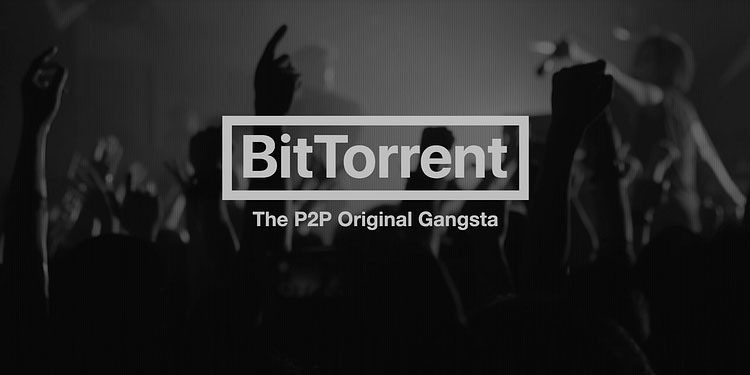 Wethaq, Dubai-based fintech firm, has inked a collaboration agreement with enterprise software firm R3 to establish a platform for issuing, buying and selling sukuk securities.
Wethaq, Dubai-based fintech firm, has inked a collaboration agreement with enterprise software firm R3 to establish a platform for issuing, buying and selling sukuk securities.
Wethaq’s platform is developed on R3’s open source, enterprise level blockchain software Corda, and the firm is taking measures to guarantee compliance with Sharia Law.
Wethaq’s platform is structured to enhance the market framework for issuing, buying and selling sukuk securities, which is strictly regulated and requires a significant time for issuance.
Wethaq intends to mechanize and simplify the procedure and also the total lifecycle of sukuk.
Sukuk is a kind of financial certificate that is comparable to a bond that is in accordance with the Islamic Sharia Law. Sukuks vary from conventional bonds, which are debt obligation, in that they reflect fragmented ownership of an asset. As sukuks have a share in the risk of the backing assets, there is a risk of losing the entire investment.
Regarding the partnership, R3 CEO David Rutter stated that R3 trusts Corda could revolutionize Saudi Arabia and the Middle East as a whole. Wethaq CEO Mohammed Alsehli also opined about the collaboration as follows:
“Our joint focus is on building world-class financial infrastructure in Saudi Arabia, in alignment with the Kingdom’s Vision 2030, and the UAE, pursuant to their ambitious fintech agenda, before we expand to the entire Middle East and Southeast Asia.”
In July, Ripple-based platform Stellar stated that it was the first distributed ledger protocol to receive Sharia compliance certification for payment transfer and asset tokenization industry. Stellar received clearance from the Shariyah Review Bureau, a global Sharia agency licensed by the Central Bank of Bahrain.
Back in March, before Stellar, Noorcoin received Sharia certificate from the World Sharia Advisory Committee. At that time, Noorcoin proclaimed as “the first sharia-compliant utility token.”








